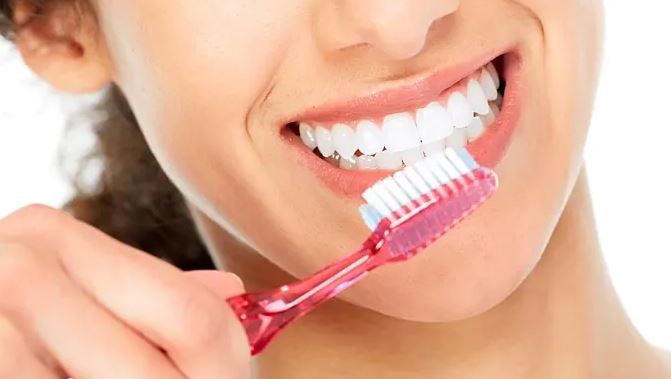Health: Poor Oral Conditions May Affect Your Brain Health
According to preliminary research taking care of your teeth and gums may have benefits beyond oral health, such as increasing brain function. Read further on Dynamite News:

Dallas(US): According to preliminary research to be presented at the American Stroke Association's International Stroke Conference 2023, taking care of your teeth and gums may have benefits beyond oral health, such as increasing brain function.
The meeting, which is to be held in person and electronically in Dallas from 8 to 10 February is the world's leading forum for stroke and brain health researchers and physicians.
Studies have shown that gum disease, missing teeth and other signs of poor oral health, as well as poor brushing habits and lack of plaque removal, increase stroke risk.
Previous research has also found that gum disease and other oral health concerns are linked to heart disease risk factors and other conditions like high blood
Also Read |
One egg a day boosts toddler's brain development
Just as healthy lifestyle choices impact the risk of heart disease and stroke, they also affect brain health, which includes one's ability to remember things, think clearly and function in life.

Between 2014 and 2021, researchers in the study analyzed the potential link between oral health and brain health among about 40,000 adults (46 per cent men, average age 57 years) without a history of stroke enrolled in the U.K. Biobank. Participants were screened for 105 genetic variants known to predispose persons to have cavities, dentures and missing teeth later in life, and the relationship between the burden of these genetic risk factors for poor oral health and brain health was evaluated.
Also Read |
Here's how drinking tea may improve brain health
The analysis found:
People genetically prone to cavities, missing teeth or needing dentures had a higher burden of silent cerebrovascular disease, as represented by a 24 per cent increase in the number of white matter hyperintensities visible on the MRI images.
Those with overall genetically poor oral health had increased damage to the fine architecture of the brain, as represented by a 43 per cent change in microstructural damage scores visible on the MRI scans. Microstructural damage scores are whole-brain summaries of the damage sustained by the fine architecture of each brain region.
"Poor oral health may cause declines in brain health, so we need to be extra careful with our oral hygiene because it has implications far beyond the mouth," Rivier said. "However, this study is preliminary, and more evidence needs to be gathered - ideally through clinical trials - to confirm improving oral health in the population will lead to brain health benefits." (with ANI inputs)
 Dynamite News
Dynamite News 